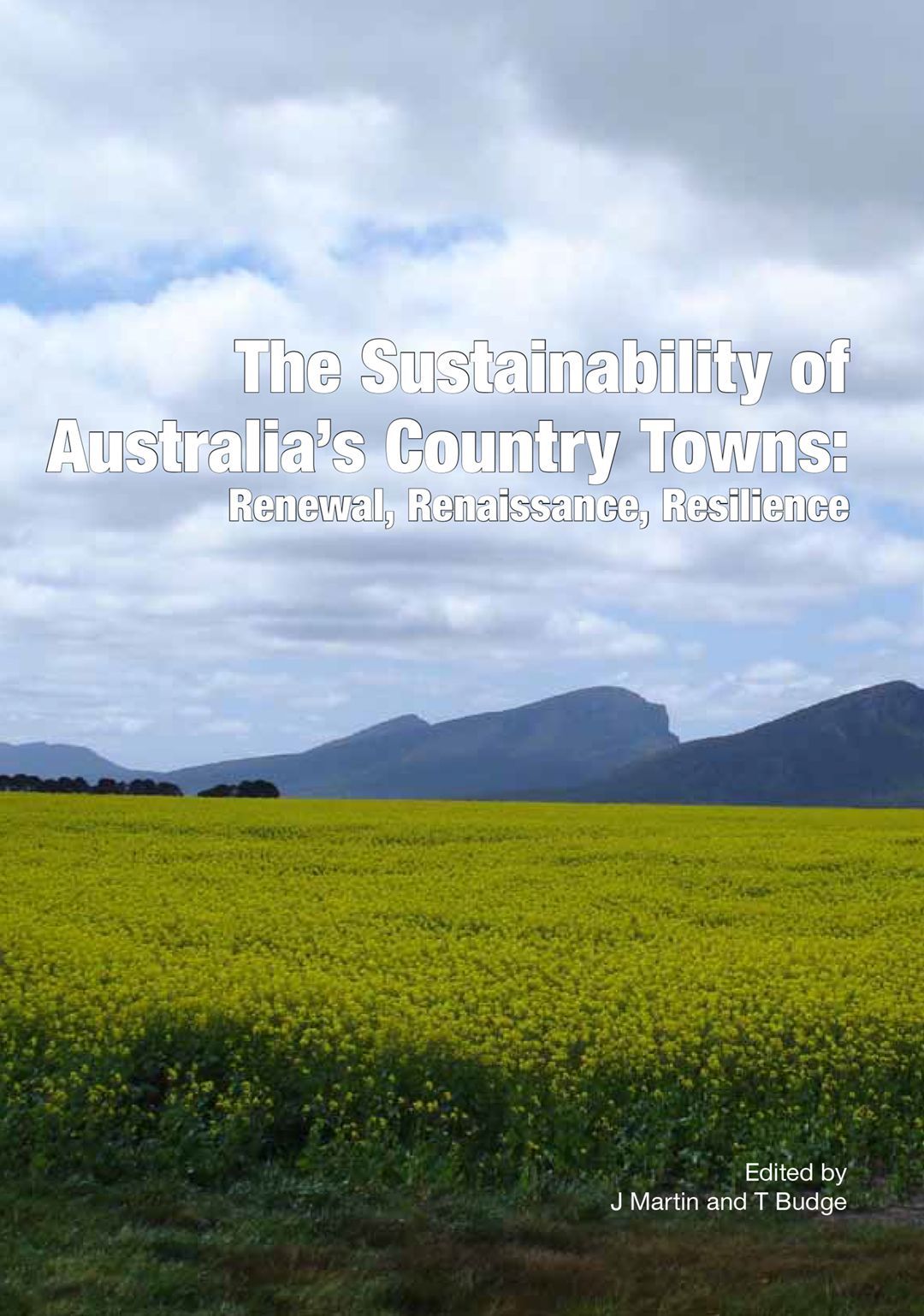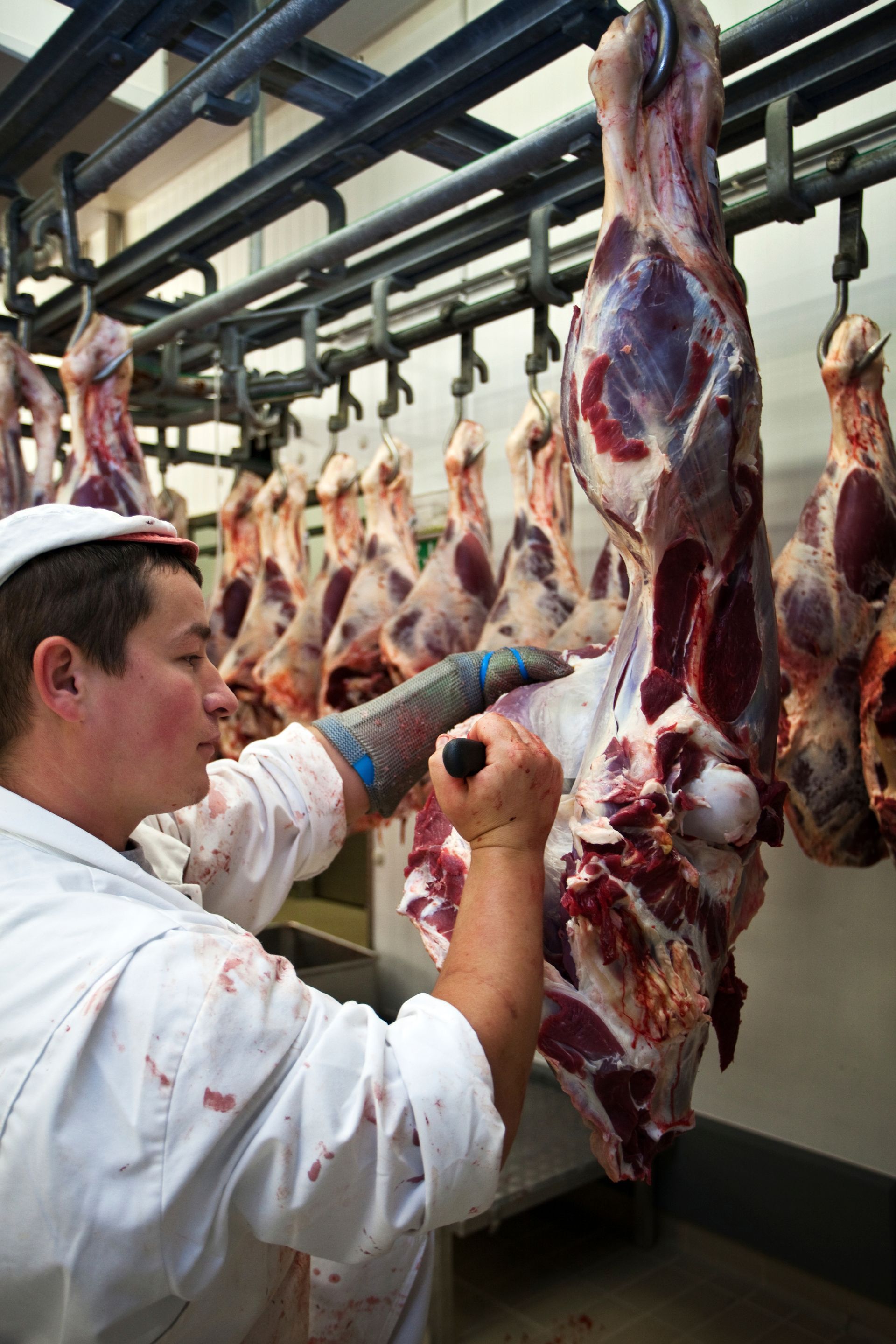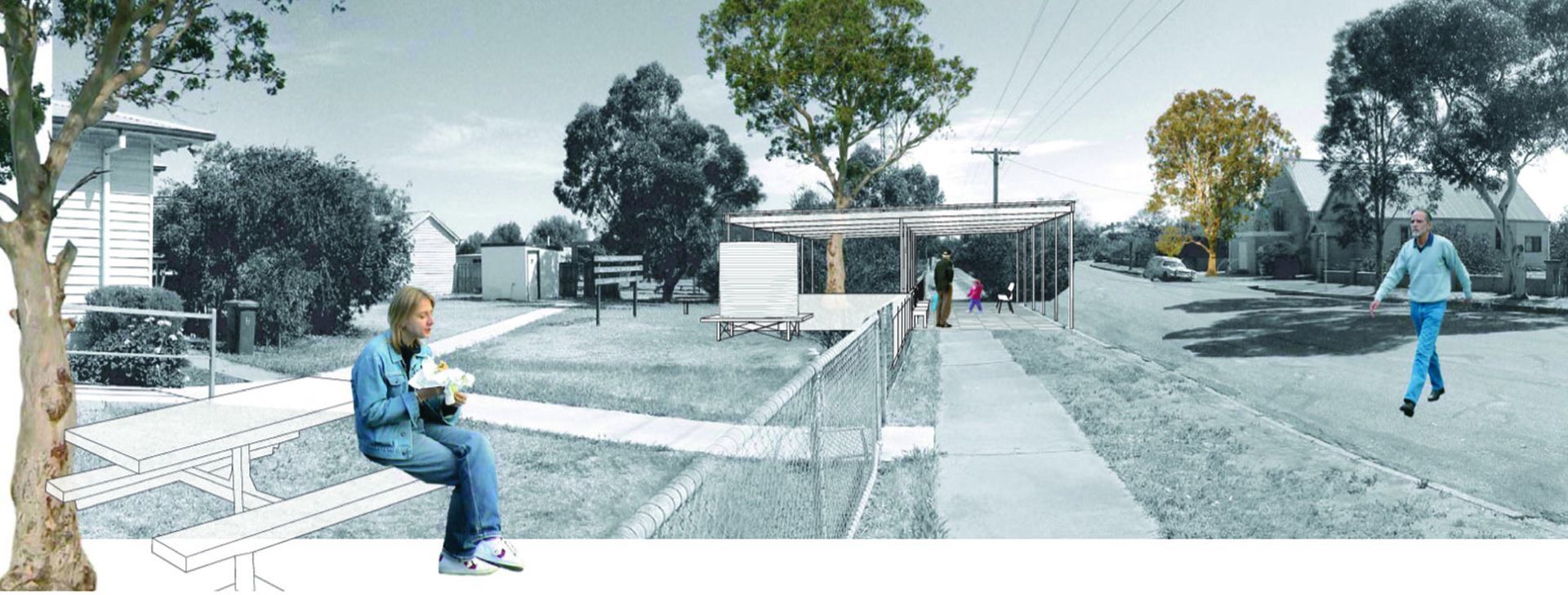
2010
ISBN: 9781921915116
Paperback: $29.95 (including GST, postage & handling)
eBook (PDF download): $9.95
This book is based on the third Australian Country Towns conference held in Bendigo late in 2010 and is a timely reminder of the diversity of Australia’s country towns and the unique challenges each faces.
Over seventeen chapters, the book considers the sustainability of these places from a number of perspectives: leadership; decentralisation policy; mobility; lifestyle choices; ageing; housing; agriculture and forestry; retail; youth; health; and finally art and culture.
This eclectic mix of papers reveals the multidimensional nature of sustainability as applied to Australia’s country towns. The book emphasises the important role regional associations and local government play in ensuring the sustainability of our country towns.
Australia’s country towns are at the forefront of environmental, social and economic change. The combination of climate change impacts, demographic change - especially ageing communities and many with their population in decline - in an economic setting dictated by the vagaries of world financial markets places many country towns under siege. Yet in the face of these significant circumstances many small towns have found their voice and together people in these communities have made them liveable and sustainable. Their resilience allows them to do this in spite of the inadequacies of government policy.
Yet the response from governments is wanting, if not heartfelt. Politicians see the problem but are captured by the neo-liberal, managerial culture that pervades their bureaucracies. This way of responding, one which seeks universal prescriptions based on principles of competition, assumes there will be winners and losers. This doesn’t need to be the case. The cases in this book demonstrate this fact.
We argue in this book that the Australian Federation needs to reset its compass in relation to the social contract with our country towns. Local governments are best placed to engage with communities about their future. Central governments would do well to ensure that local governments have the capacity to do this work.










